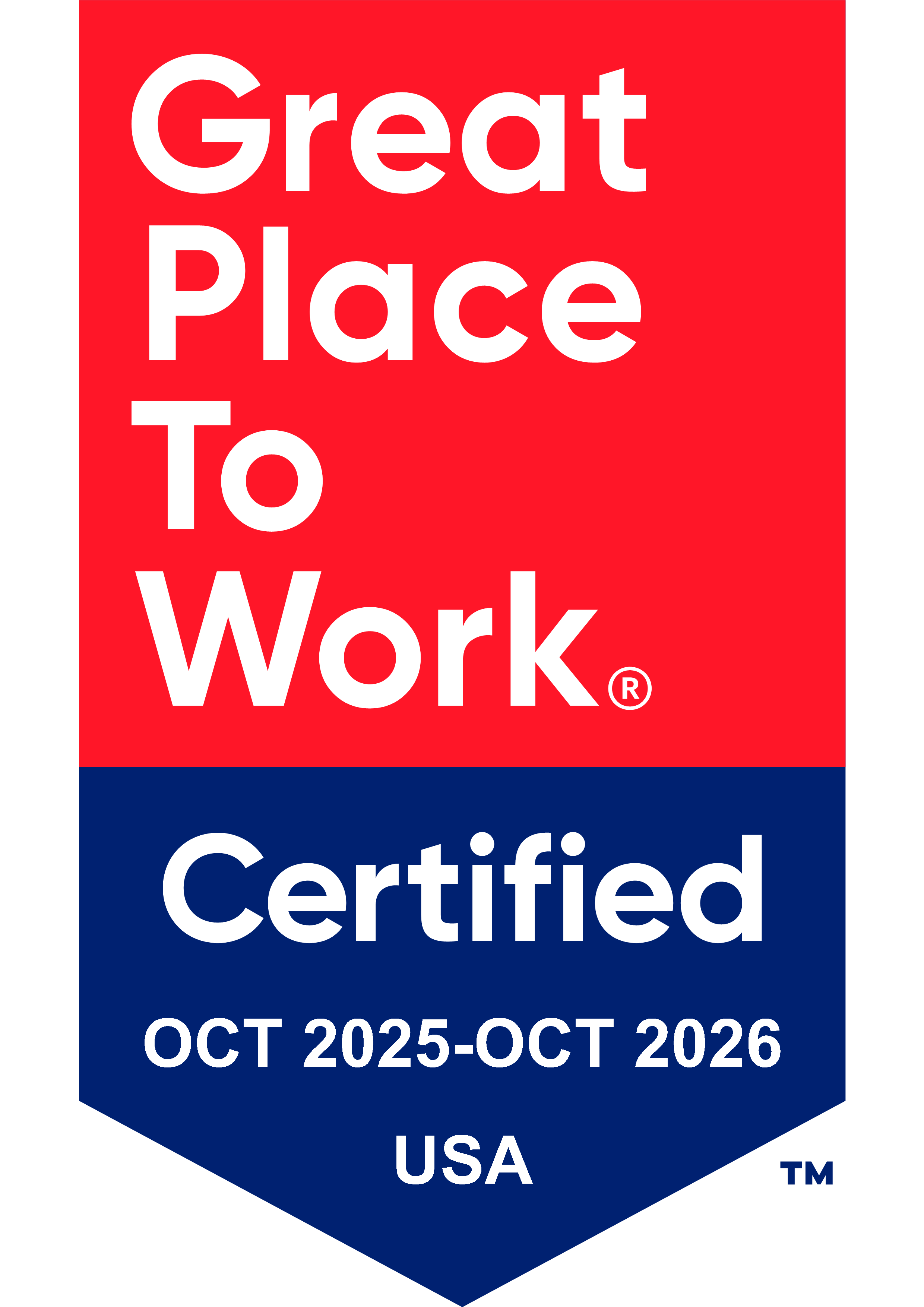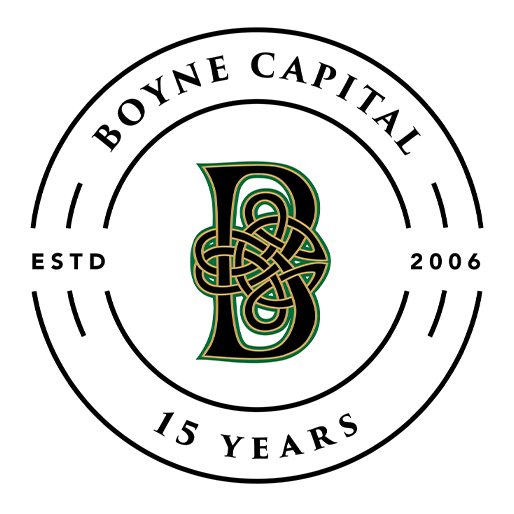Training wheels and Velcro shoe straps serve an important purpose, but eventually, we outgrow them as we mature and aim for higher performance.QuickBooks is an excellent tool for startups and small businesses: it’s affordable, easy to use, produces basic financials, and integrates with billing and expense tracking. Most of the businesses we invest in begin on QuickBooks. However, one of the first upgrades we help them make is transitioning to a more sophisticated ERP system.
Adopting an ERP is a critical milestone for any business ready to scale—and a foundational step toward true metric-based management.
Here’s why:
-
1. Your Business Needs to Be Scalable
QuickBooks works well for businesses with modest revenue and low transaction volumes, but as your company grows, it struggles to keep up. An ERP system can handle high volumes of transactions, complex operations, and large datasets—laying the groundwork for sustainable growth.
-
2. You Need Real-Time, Actionable Insights
To manage proactively, you need daily and weekly scorecards, reliable monthly financials, and real-time sales and margin data. ERPs provide visibility into profitability by customer, product, sector, or service line, helping you identify top-performing areas and allocate resources wisely. A high functioning ERP allows you to react in real-time to market demand.
-
3. You Need Integrated Operations, Not Siloed Functions
ERP systems unify core business functions—finance, HR, sales, and supply chain—into a single platform. Payroll flows directly into financials. Inventory and order management are connected. The result: fewer manual handoffs, fewer errors, and more efficient, coordinated operations.
-
4. You Need Centralized, Reliable Information
Say goodbye to various Excel spreadsheets and manual data entry. ERPs provide a centralized database where everyone works from the same source of truth. This reduces errors, improves reporting accuracy, and automates repetitive tasks—freeing your team to focus on what matters most.
-
5. Your Supply Chain Will Run More Smoothly
Managing inventory and fulfillment efficiently is vital to business performance. ERPs offer end-to-end visibility into your supply chain, helping you identify bottlenecks, improve delivery times, and prevent stockouts. With automated alerts and real-time inventory tracking, you’ll maintain optimal stock levels and improve customer satisfaction. You can even assess supplier performance to make smarter procurement decisions.
-
6. You’ll Gain Better Control Over Budgeting and Compliance
An ERP system enables detailed, bottoms-up budgeting—often by customer, region, or product line—providing a true roadmap for financial management. Many of our companies build their first monthly budget with our help. ERPs also simplify regulatory compliance by automating financial reporting, reducing errors, and keeping you aligned with evolving standards.
Boyne Can Help – This Is What We Do!
Boyne’s dedicated operations team has helped dozens of companies transition off QuickBooks. We evaluate multiple ERP systems to find the right fit for your business’s specific needs. Poor implementation can introduce risk to the business. Significant planning and thoughtful implementation take time — often up to a year— but we guide you through every step.
Whether you need a general ERP like NetSuite or a sector-specific platform, Boyne can help you upgrade your systems and unlock growth. Future buyers will expect a sophisticated ERP—and we’ll help ensure your company is ready.
About Boyne Capital
At Boyne Capital, we take pride in our different approach to investing—a more human approach. We forge lasting and collaborative relationships with companies whose founders and families remain deeply involved in growing their businesses. We focus on building close working relationships and mutual understanding with our entrepreneur partners to help them meet their objectives.
Visit www.boynecapital.com and our Perspectives page to learn more about Boyne and how we support our portfolio companies.





